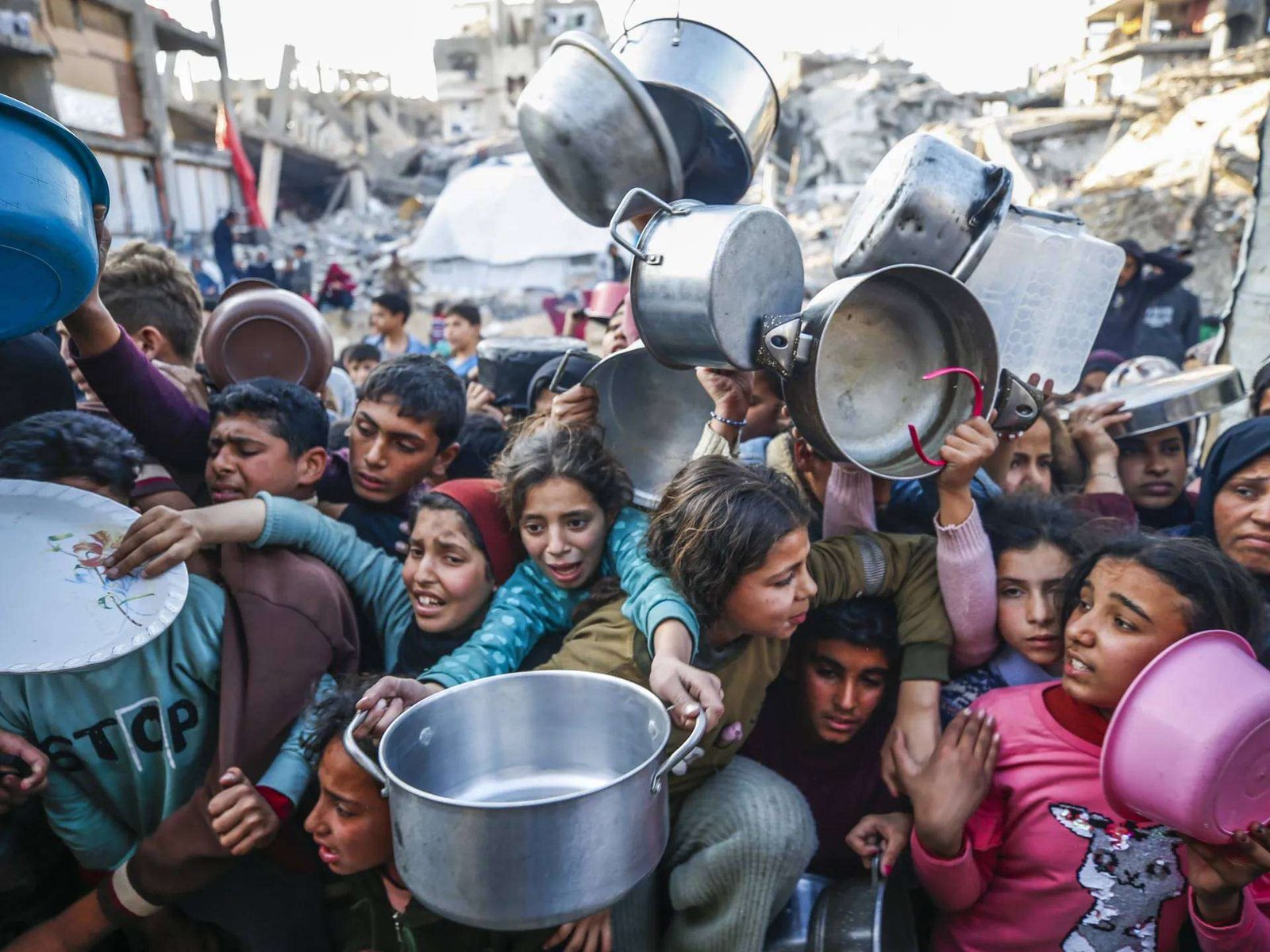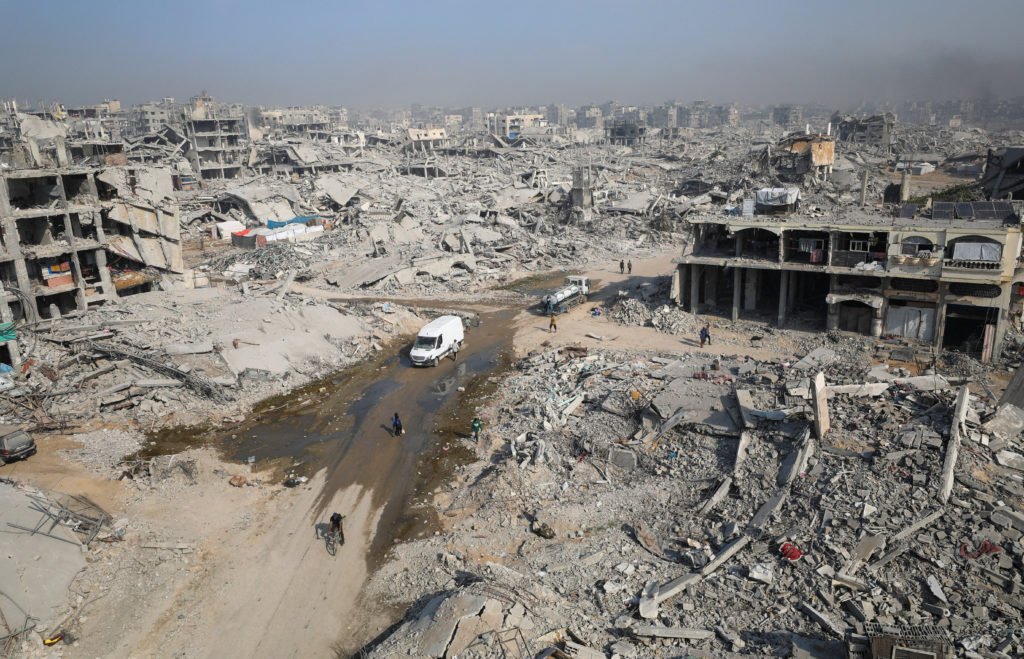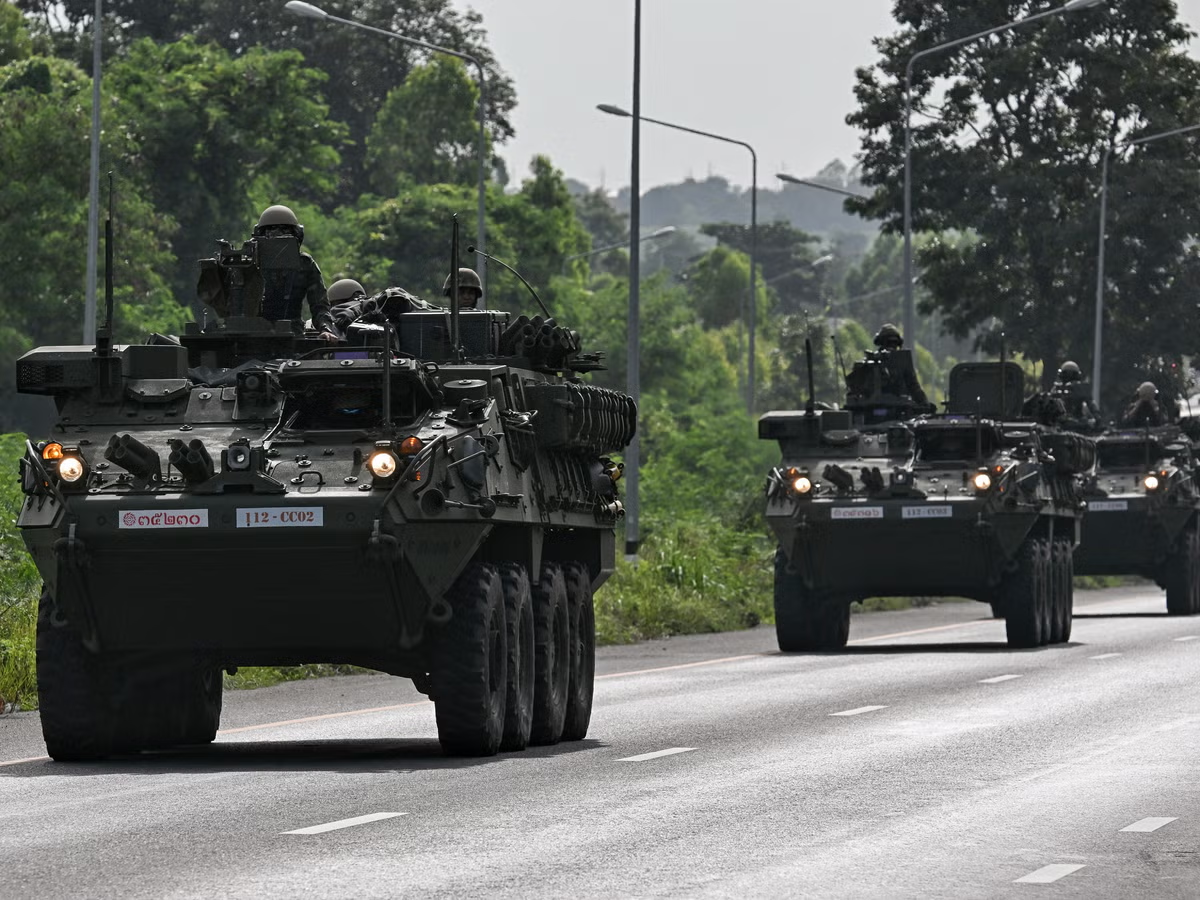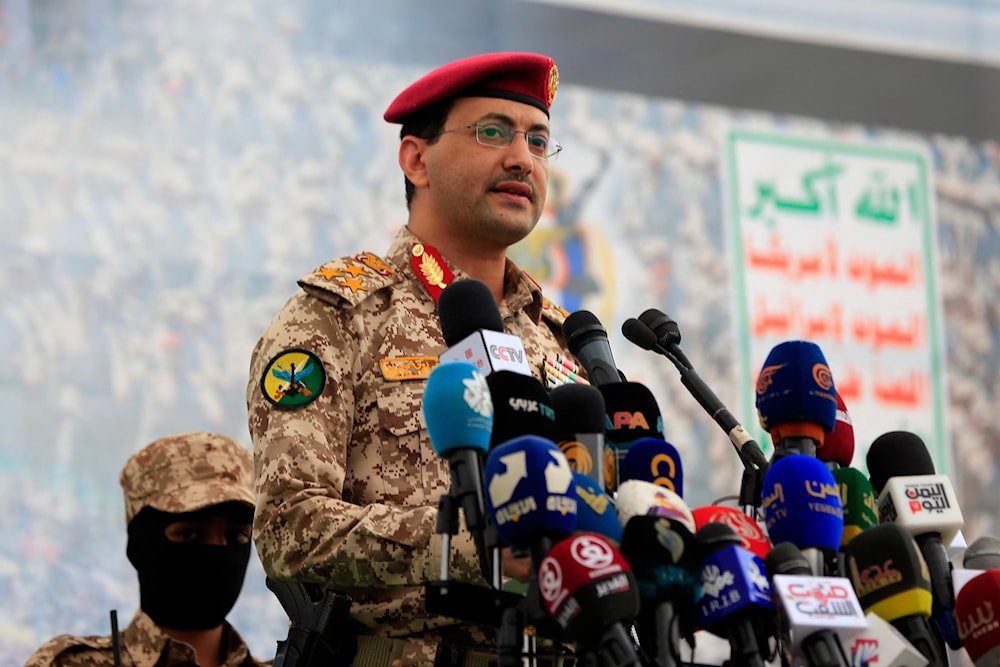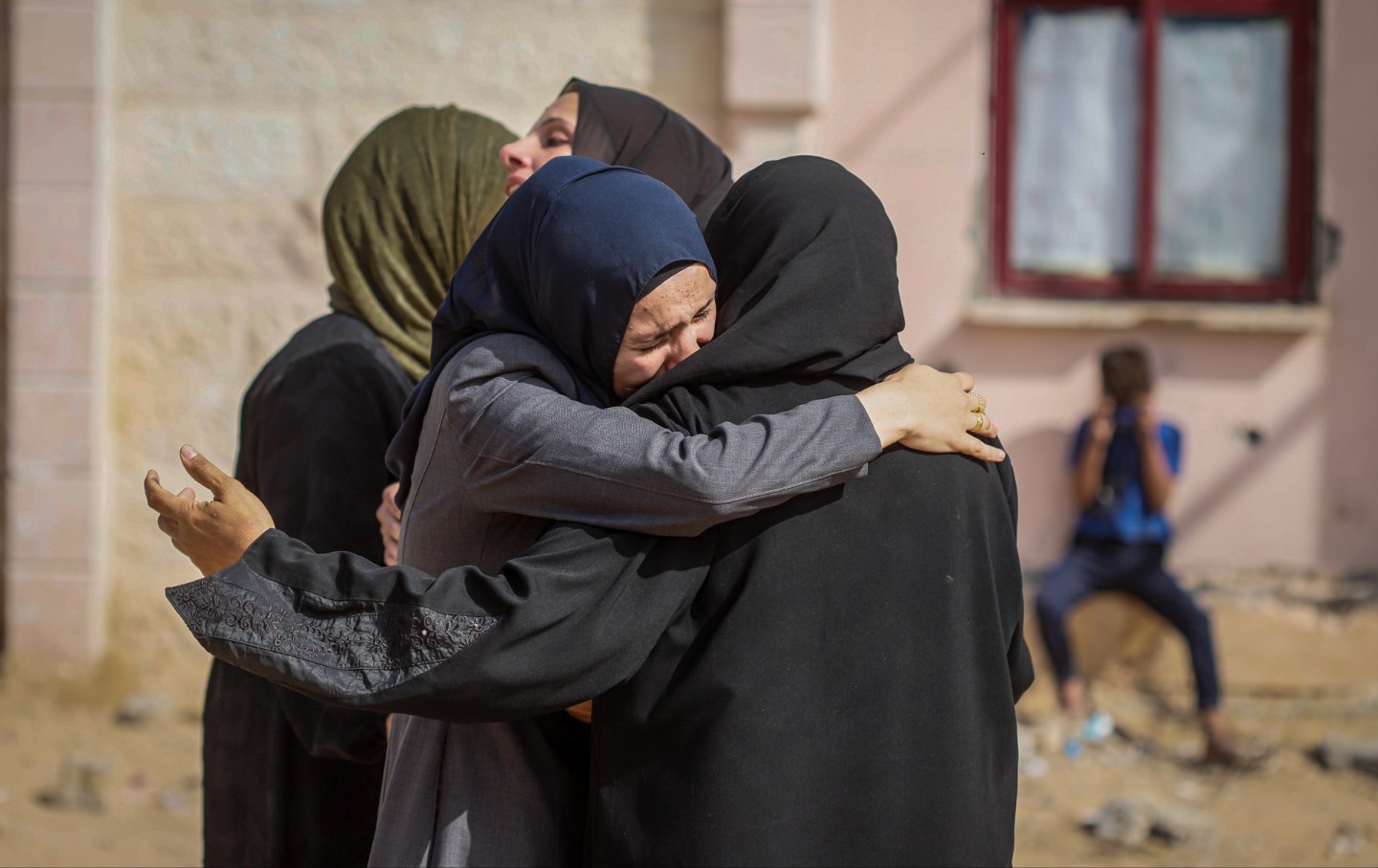Severe Humanitarian Crisis in Gaza Under Israeli Blockade: No Food, No Water, No Safety – Millions Living in Misery
Israel’s plans to expand its occupation and military operations in the Gaza Strip have triggered deep concern across the Middle East. After 19 consecutive months of heavy bombardment, Palestinians are exhausted, malnourished, and destitute. Families of those still held hostage in Gaza fear that the chances of a ceasefire are rapidly diminishing.
Severe Humanitarian Crisis in Gaza Under Israeli Blockade: No Food, No Water, No Safety – Millions Living in Misery
Severe Humanitarian Crisis in Gaza Under Israeli Blockade: No Food, No Water, No Safety – Millions Living in Misery
[May 6, 2025, Khan Younis, Gaza Strip] — Israel’s plans to expand its occupation and military operations in the Gaza Strip have triggered deep concern across the Middle East. After 19 consecutive months of heavy bombardment, Palestinians are exhausted, malnourished, and destitute. Families of those still held hostage in Gaza fear that the chances of a ceasefire are rapidly diminishing.
“What’s left to bomb?” asked Moaz Khalloot, displaced from Gaza City. He said many are now using GPS to locate the rubble of their destroyed homes.
On Monday, Israeli officials said the cabinet has approved plans to occupy Gaza and remain there indefinitely. The announcement came just hours after Israel’s military chief revealed preparations to call up thousands more reserve troops.
The exact timeline and strategy of the plan have not been disclosed. It is believed this could be a new tactic to pressure Hamas into peace negotiations.
The war began on October 7, 2023, when Hamas-led fighters attacked southern Israel, killing about 1,200 people and kidnapping 251. Israel says 59 hostages are still in Gaza, with 35 presumed dead. In response, Israeli military operations have killed more than 52,000 people in Gaza, many of them women and children, according to Palestinian health officials.
Enshirah Bahlul, a resident of Khan Younis, said, “They have destroyed us, made us homeless, killed us. We just want safety and peace in this world. We no longer want to be homeless, hungry, or thirsty.”
Opposition to this plan exists within Israel as well. On Monday, hundreds protested in front of the Israeli parliament, and one person was arrested.
Families of hostages in Gaza are also alarmed by this development. Adi Alexander, father of Israeli-American hostage Edan Alexander, said, “Expanding the war is not a solution—it has never gotten us anywhere. This feels like a repeat of last year.”
He expressed hope that U.S. President Donald Trump’s upcoming Middle East visit might bring some hope. Israeli leaders have said the plan to expand operations in Gaza will not be implemented before Trump’s visit, suggesting there may still be a window for a deal.
Trump will not visit Israel, but he and other U.S. officials have repeatedly spoken publicly about Edan Alexander, believed to be the last surviving American-Israeli hostage.
Omri Miran (48), believed to be the oldest living hostage, has a brother-in-law, Moshe Lavi, who said, “We hope this is just a message to Hamas—that Israel truly wants to break their political and military power and this is just a pressure tactic for negotiations. But whether it’s a strategy or a goal—it’s still unclear.”
Meanwhile, every day, hundreds of displaced Palestinians wait in line for food in front of a charitable kitchen in southern Gaza. Many children push and shove with pots and buckets to collect food.
Sara Younis of Rafah said, “What can we do? There’s no food, no flour, nothing.”
In early March, Israel blocked all imports into Gaza, leading to a severe shortage of food, medicine, and other essentials. Israel claims the move is aimed at forcing Hamas to release the hostages.
Aid organizations say malnutrition and hunger are growing rapidly in Gaza. The United Nations has stated that a vast portion of Gaza’s population now depends on humanitarian aid.
While there was some progress in famine prevention during a ceasefire earlier this year, that progress is now in jeopardy.
Like other aid organizations, Tikeya has reported that most of their food supplies have run out, and for the past two weeks they have only been cooking pasta. Nidal Abu Helal, a displaced Tikeya worker in Rafah, said, “We’re not afraid of dying from airstrikes. We’re afraid our children will starve to death in front of us.”


